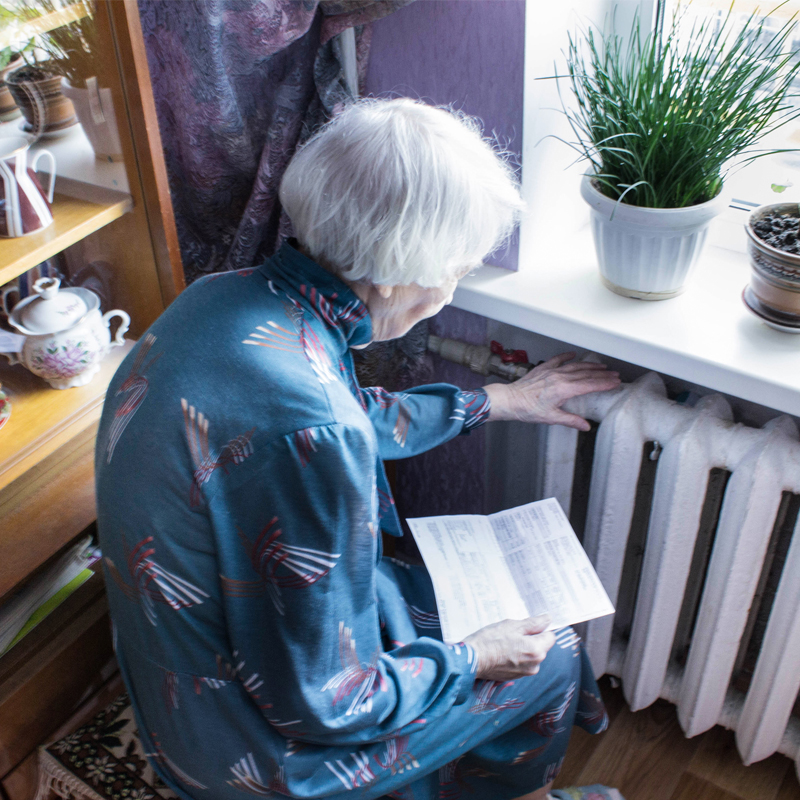With the cold weather having us all wrapping up warm at the moment, and freezing temperatures forecast for the next week, it is surely the perfect time to give our customers and community some helpful tips and pointers to keep your heating working at its full potential through the chilly months.
One of the most common causes of a domestic heating system to stop working properly during very cold weather is frozen condensate pipes. When temperatures drop below freezing, water turns to ice inside external pipes, which could cause a boiler to shut down.
If you have located a frozen pipe outside your home, which you think may be causing your boiler some issues, then head to our guide from the archive which has step by step instructions on what you can do to solve the issue.
Some condensate pipes are hidden away or hard to reach – if this is the case, please contact us to arrange for a heating engineer to come and fix the problem.
To stop the problem persisting in the future, we would recommend covering your pipe with insulation foam.
Put simply, boiler water pressure refers to the stability of the cold water that flows through pipes and radiators around your home.
It goes without saying that a drop in boiler pressure can result in poor boiler performance. Here’s how you can check the pressure of your boiler if you suspect something isn’t quite working right:
On the front of most household boilers there is a gauge that indicates water pressure. A hydraulic pressure gauge will show low and high pressure on the dial by red sections. A flashing pressure measurement is displayed on the majority of digital gauges if there is low or high pressure. If your boiler is showing pressure that’s less than 1 bar, the system may have lost water, which means it will need to be replaced.
If the boiler pressure gauge indicates pressure above 2.75 bar, then a radiator in your home could need bleeding – read our ‘how to bleed a radiator’ guide here. If you are unsure about bleeding radiators or don’t feel confident doing so, please do not hesitate to get in touch with us so we can organise for an engineer to come out to assist you.
Even if there are no visible damp patches or pools of water around your home, there is still a chance that you have a leak in your heating system which is causing it not to work. Our ‘checking for a leak’ guide has all of the info you need to detect, prevent and resolve a potential leak.
The best way to ensure your boiler works at its full potential is to have an annual boiler service. Here at Carshalton Boilers, we can service your boiler to ensure continued safe, economical and effective operation of your boiler, heating and hot water system. Your boiler guarantee may also be compromised if an annual service isn’t kept to.
If you’d like to book your boiler in for a service, or are finding that your heating still isn’t working quite right even after following the pointers above, then please do get in contact with the Carshalton Boilers team without hesitation. We look forward to seeing how we can help!
